Premium Only Content
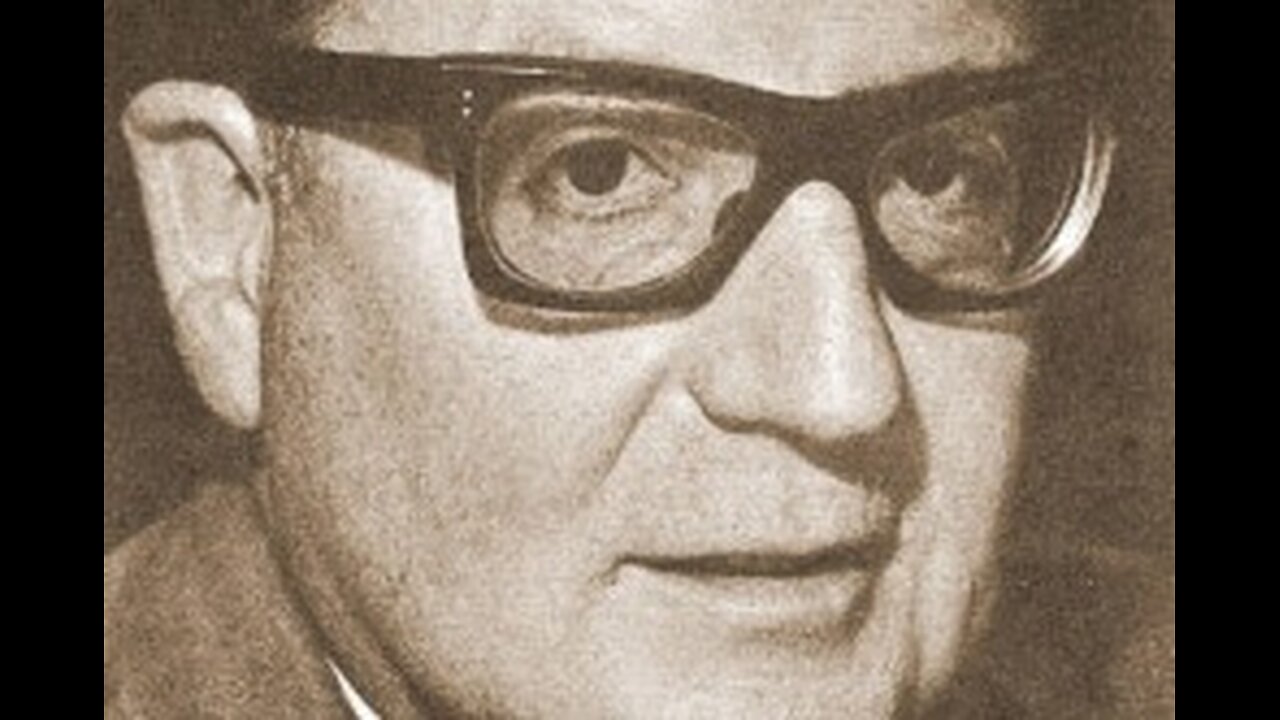
How Nixon & Kissinger Overthrew the Government of Chile (2009)
The involvement of President Richard Nixon and Secretary of State Henry Kissinger in the overthrow of Chilean President Salvador Allende in 1973 is a significant chapter in U.S. foreign policy. Despite Kissinger's denials of direct U.S. involvement, evidence points to their active efforts to destabilize Allende's government.
U.S. Concerns About Allende:
Salvador Allende was a democratically elected socialist president, and his government represented a challenge to U.S. interests in Latin America. Nixon and Kissinger feared that Allende's policies could inspire other Latin American nations to pursue similar paths, potentially undermining U.S. influence in the region.
Misrepresented Threat:
Publicly, Kissinger argued that Allende posed a threat to U.S. security by aligning with Soviet interests, portraying his government as a potential communist foothold in the Western Hemisphere. However, newly released documents reveal that neither Nixon nor Kissinger genuinely believed that Allende's regime was closely tied to Moscow or posed a direct threat to U.S. physical security.
Economic and Cultural Motivations:
The primary concern for Nixon and Kissinger was not Soviet aggression but the fear that Allende's socialist policies would set a precedent that could encourage other nations in Latin America to follow suit. This, in their view, could weaken U.S. hegemony in the region. Economic interests, particularly regarding U.S. investments and businesses in Chile, also played a significant role in their decision to act against Allende.
Covert Actions:
Nixon and Kissinger authorized covert actions to undermine Allende's government. This included funding opposition groups, spreading propaganda, and encouraging economic destabilization. The infamous CIA operation known as "Track II" aimed to create conditions that would lead to a military coup, which ultimately occurred on September 11, 1973, leading to Allende's death and the rise of General Augusto Pinochet.
Denial and Legacy:
For years, Kissinger denied that the U.S. had any role in the coup, yet declassified documents and testimonies have since revealed the extent of the Nixon administration's involvement. The legacy of their actions in Chile is a controversial and widely criticized aspect of U.S. foreign policy, highlighting the ethical and moral implications of interfering in another nation's democratic process.
-
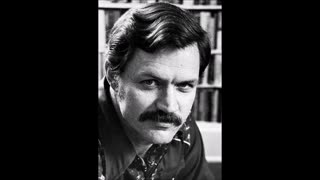 54:05
54:05
The Memory Hole
22 days agoThe CIA Exposed: How the World Is Run - John Stockwell (1987)
7084 -
 8:22
8:22
Russell Brand
5 hours agoThey want this to happen
80.5K257 -
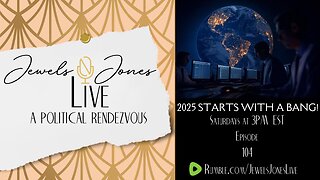 2:06:43
2:06:43
Jewels Jones Live ®
1 day ago2025 STARTS WITH A BANG! | A Political Rendezvous - Ep. 104
47.3K16 -
 4:20:41
4:20:41
Viss
5 hours ago🔴LIVE - PUBG Duo Dominance Viss w/ Spartakus
43.3K5 -
 LIVE
LIVE
MDGgamin
8 hours ago🔴LIVE-Escape From Tarkov - 1st Saturday of 2025!!!! - #RumbleTakeover
253 watching -

SpartakusLIVE
4 hours agoPUBG Duos w/ Viss || Tactical Strategy & HARDCORE Gameplay
24.6K1 -
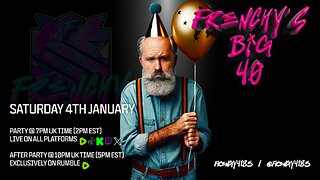 LIVE
LIVE
FRENCHY4185
5 hours agoFRENCHY'S BIRTHDAY BASH !!! THE BIG 40 !!!
421 watching -
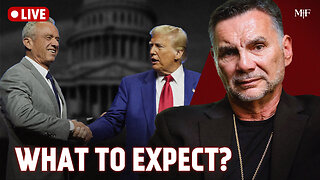 1:23:33
1:23:33
Michael Franzese
13 hours agoThings to look forward to in 2025
67.7K33 -
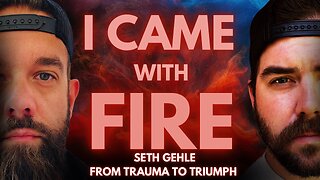 3:23:02
3:23:02
I_Came_With_Fire_Podcast
14 hours agoDefeating VICTIMHOOD: Advocacy, Resiliency, and Overcoming Abuse
81.8K14 -
 2:00:56
2:00:56
Game On!
21 hours ago $9.89 earnedNFL Experts debate if Joe Burrow will make HISTORY in Week 18!
103K12